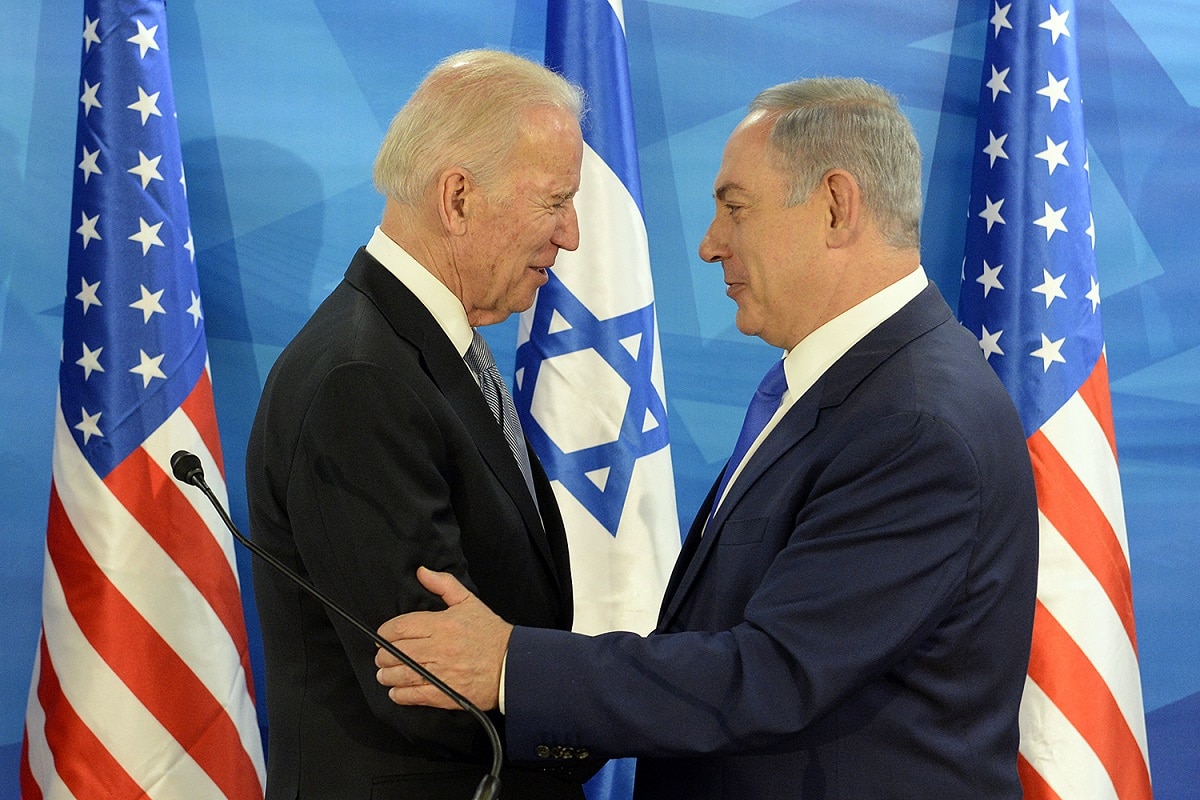A recent article in Foreign Affairs stated the self-apparent: “The fact of a one-state reality has long been obvious to those who live in Israel and the territories it controls and to anyone who has paid attention to the inexorable shifts on the ground.”
The article points to several factors, such as the spread of settlements, that negate the possibility of a separate Palestinian state. As now constituted, however, this de-facto single state can only lead to a grim and unsustainable future of perpetual hatred, fueled by the presence of millions who feel disenfranchised.
If a single state is the enduring reality for Israel and Palestine, it is time to consider workable models to carry it forward. Simple unitary majoritarianism is a non-starter. Rather than building reconciliation, it would probably result in constant fear for minorities that all their rights stand or fall with the next election. Unwieldy religious power-sharing arrangements such as those that have existed in Lebanon would be equally tough to implement.
Northern Inspiration
There is another model that can offer something for almost everyone. That exemplar is the Swiss canton system, which has accumulated a record of success lasting several hundred years. Switzerland has much in common with Israel-Palestine. Both are geographically small, compact places. Switzerland has 9 million people living in 15,000 square miles, compared to 14 million living in the 11,000 square miles of Israel-Palestine. While both places are diverse in language, culture, and religion, a key difference is that Switzerland has successfully minimized conflict through a weak federal government, vigorous decentralization, and constitutional guarantees including “one person, one vote.”
The locus of political power in Switzerland is the largely self-governing canton. There are 26 of them, and they vary both in official language — usually German, Italian, or French — and in majority religion. Some cantons even have official churches, though minorities maintain freedom of religion. Because of the small size of each of these units, the costs of leaving for any discontented individual is relatively low.
In great part because of the canton system, Switzerland was better able than its neighbors to weather the carnage of the Reformation. The wars of that historical period make the current Palestinian-Israeli conflict seem mild.
Despite considerable ethnic, linguistic, and religious diversity, the process to select Switzerland’s president is refreshingly mundane. Many citizens do not even know the name of the president, who only serves for one year. Every five years, the bicameral canton-based federal assembly chooses a federal council of seven, who are co-equal in power. Each member trades off serving as president, making it possible for people from nearly every ethnic or religious group to aspire to that relatively unglamorous office.
Cantons Are Based on Geography
In Israel-Palestine, assuming the adoption of a similar system, some cantons would be predominantly Jewish orthodox, some Muslim, some secular, and many would have smatterings of Bedouin, Druze, Christian, and other minorities. A few might even designate themselves, quite uncontroversially, as miniature Jewish states. As in Switzerland, those who feel alienated could freely and peacefully move to another canton that is more to their liking. Moreover, a rotating federal council similar to that of Switzerland would allow people from diverse religious groups to take a turn at the presidency with relatively little controversy.
A key advantage a canton system holds over most currently proposed structures is that its main defining characteristic is simple geography, rather than ethnicity or religion. The predictable and fixed boundaries of these jurisdictions, each constantly shifting in demographics, removes the necessity for those periodic readjustments that often plague power-sharing arrangements.
A related advantage of a shift to a canton-based system is that it entirely avoids the costly process of persuading or forcing current settlers to uproot. Because ethnic or religious intermingling would no longer pose any threat to overall political stability, the settlers could continue to live where they are. A canton-based system would create opportunities for peaceful coexistence between settlers and Arabs and the spread of mutually beneficial commerce, instead of the current climate of fear which often characterizes those areas.
Proposals to implement cantons in Israel-Palestine are not new. Some of them date back nearly a century. An early pioneer was Itamar Ben-Avi, who had impeccable Zionist credentials. He was the first person in modern times to learn Hebrew as a native speaker. He had been brought up to speak it by his father, who had been instrumental in recreating that ancient language. In 1930, Ben-Avi proposed dividing the British mandate of Palestine into six Jewish, six Muslim, and three Christian cantons. “The spirit in Palestine among Jews and non-Jews,” he declared, “is very much in favor of the plan, because it would lead to peace and harmony.”
Like many sensible ideas, however, Ben-Avi’s proposal was derailed by powerful elements at each extreme who favored zero-sum nationalism. Yet there are faint signs of revived interest in the cantonal approach that might lead to productive dialogue. They could not be more timely. In Israel itself, the Federation Movement is now proposing a modified version of the idea, although it has made little headway as of now.
For people of good will who want a way out of the current gridlock, the canton model offers great promise as a basis for reconciliation, compromise, and lasting peace.
David T. Beito is Professor Emeritus in History at the University of Alabama.

